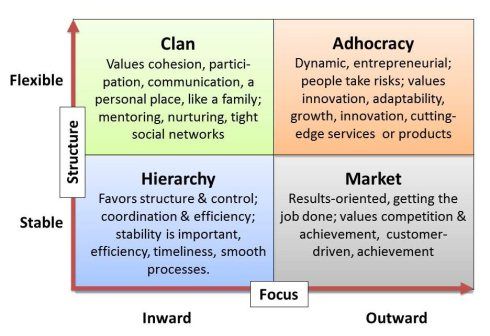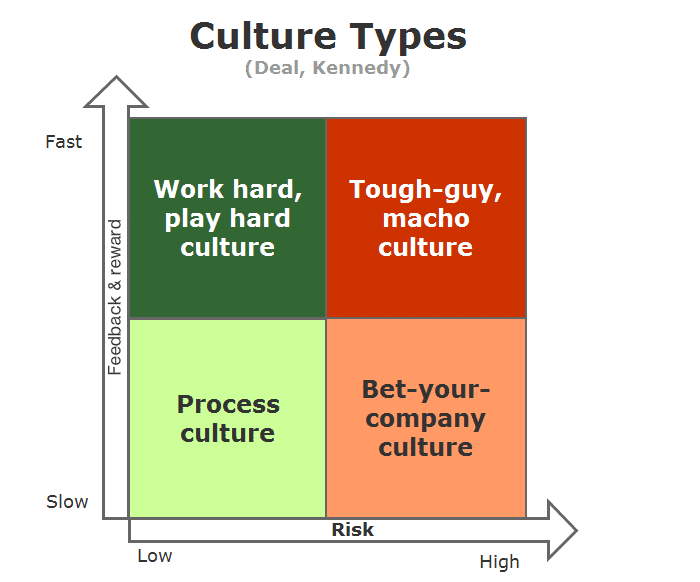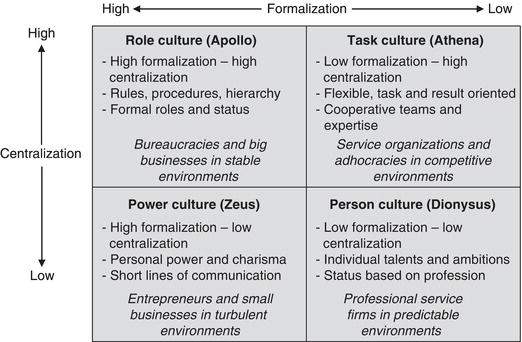Competing models of management refer to those models that attempt to explain the competing value framework of organizational management. The organizational management sometimes faces the management challenge of balancing between two or more important processes that affect the operation of an organization. The competing values framework is a model that was developed by Robert Quinn and Kim Cameron to assess the organizational culture. The theory of competing values framework, in essence, shows the interrelationship between processes that enable the organization to focus on the internal environment or external environment. The area of focus of an organization leads to the development of the organizational culture and often results in a balancing of two or more competing value factors.… Read the rest
Principles of Management
An Analysis of Decision Making Process in Organizations
In today’s business world, the main task of any manager is to take decision; these decisions are impacting the firm, the employees and the environment. As the world is developing and transitioning into a globalized unit, decision making is becoming a complicated task. Manager takes thunders of decisions every day, some decisions are done consciously and other are done subconsciously. More the manager has experiences, more often he will take subconscious decision for recurrent problem, due to it knowledge of the firm, the environments and it past experiences. Other decisions that are not as usual, need to be analyzed on every angle, before being able to build solutions for it, this would be a conscious decision.… Read the rest
Deal and Kennedy’s Organizational Culture Model
As a lead up to the discussion on corporate culture in people’s management, it is important to consider Deal and Kennedy’s contribution. Deal and Kennedy suggests that ‘People are a company’s greatest resource, and the way to manage them is not directly by computer reports, but by the subtle cues of a culture’
Deal and Kennedy (2000) examined organisational culture from a different perspective, concluding that there are six interrelated elements which define organisational culture. These are:
- The history of the organisation, because shared past experiences shape current beliefs and values and the traditions which organisation is built on. For example, firms often draw on their heritage and use this as part of their branding strategy, as well as asserting a belief in traditional values.
Charles Handy’s Model of Organizational Culture
Organizational culture influences the behavior of organisations but as it is intangible it is difficult to define and understand. Organisational culture introduces unspoken rituals and tacit rules and addresses the actions, values, and behaviors, which, in combination, contribute to the overall philosophy and environment of the organisation. It shapes the way in which employees behave and make decisions and is formed over time as a result of the experiences and values of the organisation and the way in which it reacts to internal and external circumstances.
A key role of organizational culture is to differentiate the organisation from others and provide a sense of identity for its members.… Read the rest
The Impact of Organizational Culture on Business Strategy
Organizational culture is an essential aspect to a company that can influence the strategy of the organization. Organizational culture can define as one organization share their own traditions, values, policies and attitudes during their daily operation. Organizational culture is a basement of company strategy. Company can achieve their business goal very easily if they put organizational culture into their business vision and mission; make sure the culture can match with company strategy, in this way company culture can push their business keep going. Each of organization has their unique culture which the company can benefit from it. The culture can give a large effect to employees, even the company’s customers.… Read the rest
Functions of Organizational Culture
Organizational culture is the sum of reflects that gradually formed in the production and management practices, agreed and complied with all staff, with the characteristics of the Organization’s mission, vision, purpose, spirit, values and business philosophy, and the ideas in the production and management practices, management system, the behavior of employees with the external image. In essence, organizational culture is a cultural phenomenon among the enterprises, its appearance is inseparable from the development of the theory and practice of modern enterprise, from the management perspective, organizational culture are the application management tools to achieve management objectives, therefore, organizational culture are not only a cultural phenomenon, but also has a connotation as a management tool.… Read the rest




